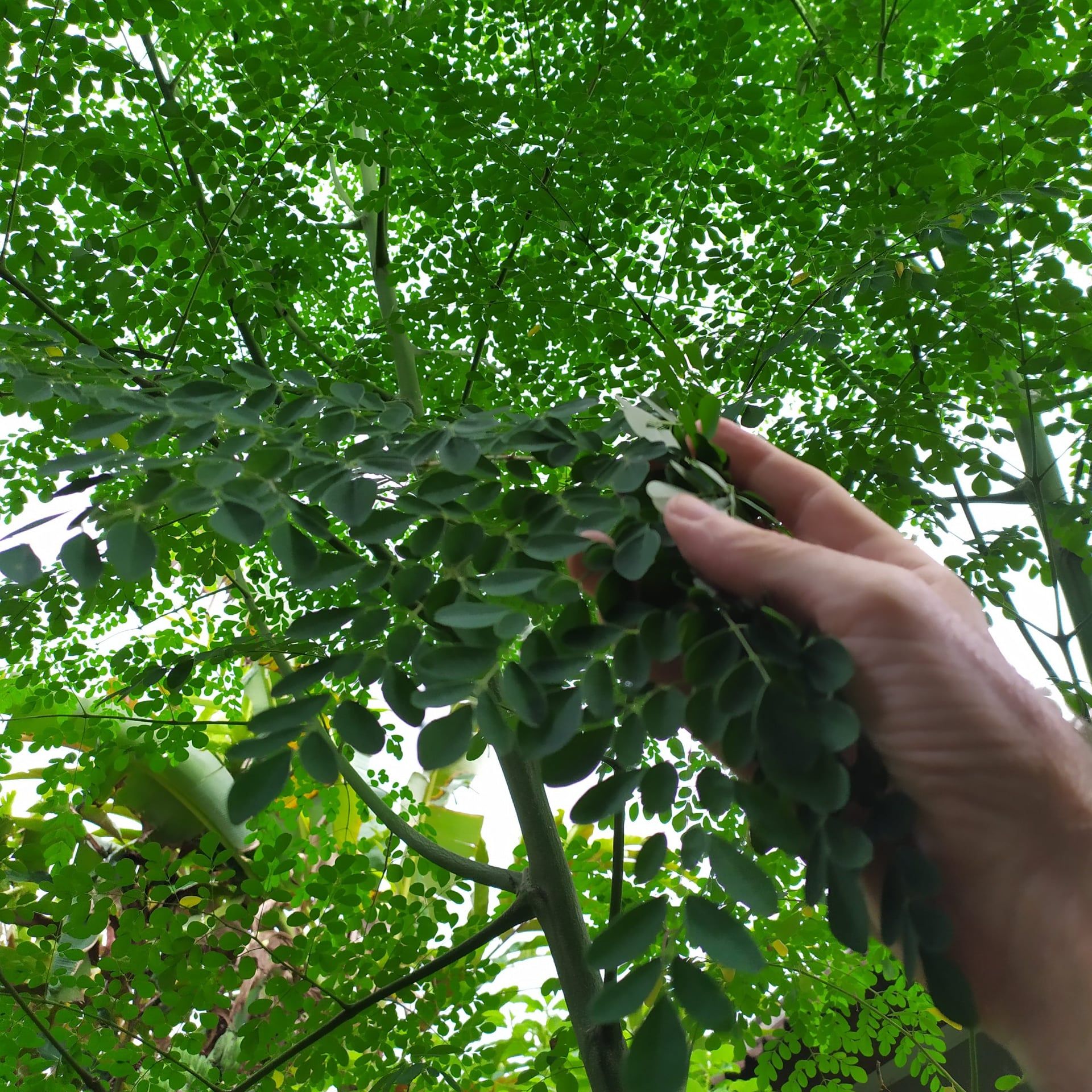Green Talk. Grey Walk?
The Relevance of Home Living in Environmental Discussion (and my own Ecological Impact Accounting)

Would you take a car mechanic's advice if their car was belching grey smoke? Would you follow a gardener's guidance if their yard was barren and bleak? Would you have a carpenter build your home if theirs had just collapsed?
Today, as we get advice from billionaires and movie stars, princes and presidents on how to take care of the planet, I feel that there's an under articulated, yet most crucial, correlation between an advocate's home and the integrity of their environmental message.
Of course, a strict philosopher would point out that there is no logical correlation between a person's words and their walk– to criticize a person's character or lifestyle instead of their argument is what is called an ad hominum fallacy. Indeed, in terms of pure logic, and in terms of efficacy, they are quite right. When it comes to critiquing someone's message, it remains far more sound (and potent!) to keep it clean and confront misconceptions directly with reason and logic.
However, when it comes to environmental issues and their discussion, I believe this isn't quite the case.
Separating a person's living from their reasoning only works if you assume that humans and their ideas float above the world below. While it is possible for such intellectual suspension in most philosophical, religious and even political debates, when it comes to the environment the speaker is a priori a part of the issue.
Whether the discussion is about climate change or plastic pollution, about what humans should be doing, or what they should not, one hits upon immutable ecological reality: each human is a biological being and as such inextricably intertwined in the ecological world. After all, everyone of us has biological body and a home which consume and excrete-- interfacing directly with the ecosystems with which we are immersed. This impact, whether conscious of it or not, is amplified by our choices and beliefs, and inextricably intertwined with the ideas we express.
As Marshall McCluhan pointed out, the medium is the message. And when it comes down to it, the ultimate medium is the tapestry of living that we weave.
As such, when it comes to discussing and advocating environmental ideas a person's own ecological impact is of existential relevance.
Today, as more and more folks offer criticisms and solutions. I feel its more important than ever to know how the advocate lives in their own home. And if that isn't clear, for us peak around back and see how it really is. As we all know, its a lot easier to talk about a garden than it is to cultivate one.
If an environmentalists net-impact was 100X the carbon or 100X the plastic as their neighbours, would their environmental advice be worth listening to?
Of course, many environmentalist, green innovators and even organizations don't bother to let us know what their impacts are. Their carbon emissions, plastic generation and their support of biodiversity remain an unspoken mystery. This in itself, goes contrary to the way thriving ecosystems work, where an organism's contributions are knowable to the whole. For the scrupulous reader, I believe that a lack of transparent declaration should be of concern.
What in fact do they do in their own home to solve the particular issue they are writing about and advocating? Why have they not disclosed their impact? Are they not keeping track of it? If not, how then can they (and we!) be sure that their solution is in fact a solution?
Suspicious as I am of big talk, I would love to see the ecological accounting of billionaires and movie stars, princes and presidents. However, there's someone else with whom I feel I should be even more concerned.
I'll be writing a lot about ecological issues over the next year-- and even making some environmental suggestions! I feel that it is important for me to track and make publicly available my own ecological impact.
As of this week, my household carbon, plastic and biodiversity impacts for 2021 are now accessible on my site at Earthen.io/impact
My impact disclosure will be in the footer of my site, future posts and publications.




